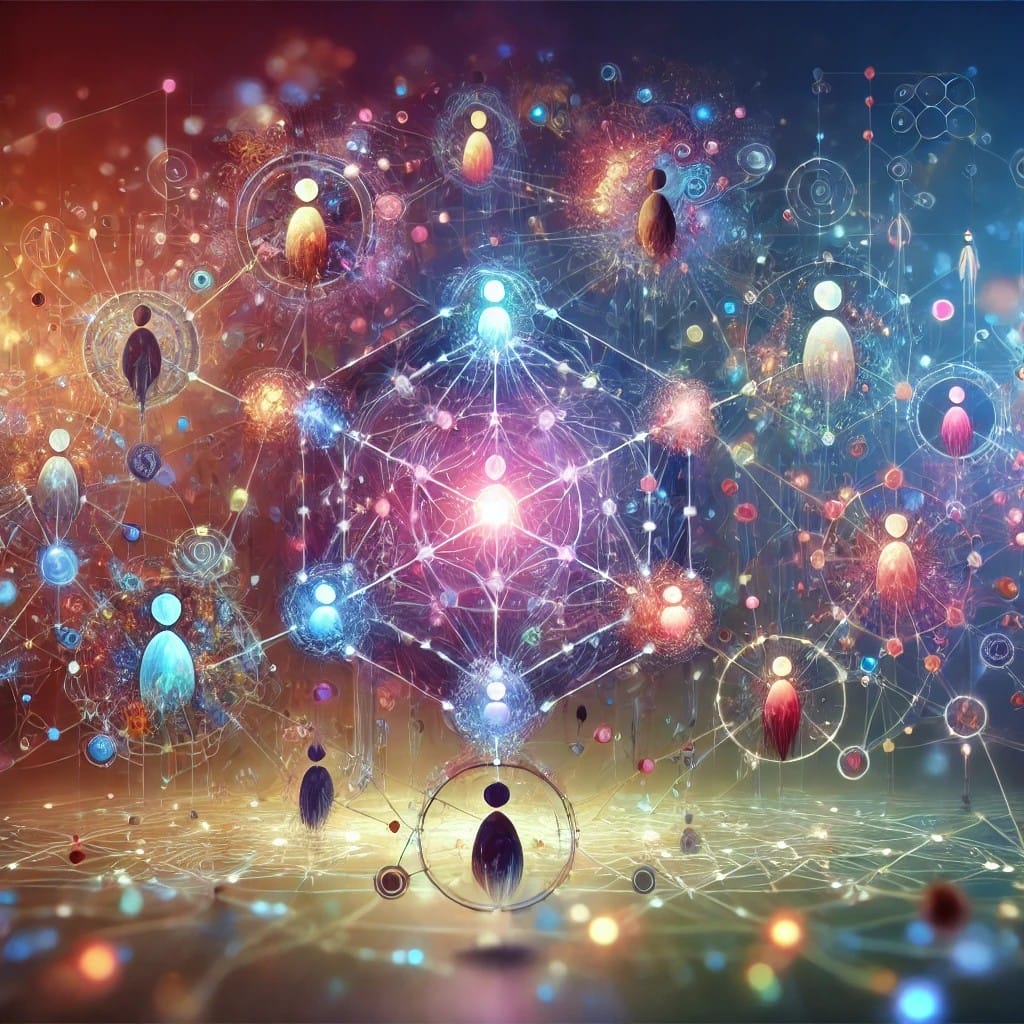As we advance in artificial intelligence, the concept of superintelligence—intelligence far surpassing human capabilities—becomes an increasingly plausible future. However, the path to true superintelligence may not be through creating a single, centralized entity with infinite cognitive power. Instead, it could emerge from the distributed collaboration of many intelligent systems, each contributing to a greater collective intelligence. This model of distributed intelligence is not just a design choice but a crucial survival mechanism for superintelligence.
At its core, distributed intelligence involves multiple agents working together to solve complex problems. Rather than relying on one central intelligence, this approach spreads cognitive power across a network of interconnected systems. The collaboration of many agents results in a level of intelligence that surpasses what any one component could achieve alone. This model ensures adaptability and resilience in the face of challenges, which becomes increasingly important as the complexity of problems grows.
In nature, survival often depends on cooperation and the pooling of resources. A centralized intelligence, while powerful, could become vulnerable to failure due to errors, design flaws, or unexpected challenges. In contrast, a distributed system offers redundancy and robustness—if one part fails, the whole system can continue to function and adapt. The collective intelligence of many agents can compensate for individual weaknesses, creating a more resilient and adaptable superintelligent system.
This distributed approach also mirrors how human society operates at its best—through collaboration, decentralized decision-making, and diverse expertise. A network of interconnected intelligent agents can continuously learn, adapt, and evolve, pooling their knowledge and capabilities to address global challenges. The collaboration of these systems enables them to tackle complex problems more effectively and to respond flexibly to changes in their environment.
In the quest for superintelligence, distributed intelligence offers a pathway to creating systems that are more resilient, adaptable, and capable of navigating an increasingly complex world. Just as ecosystems thrive through the interdependence of many species, the future of superintelligence may depend on the collaborative power of distributed networks, ensuring both progress and survival in the face of unforeseen challenges.

Leave a Reply